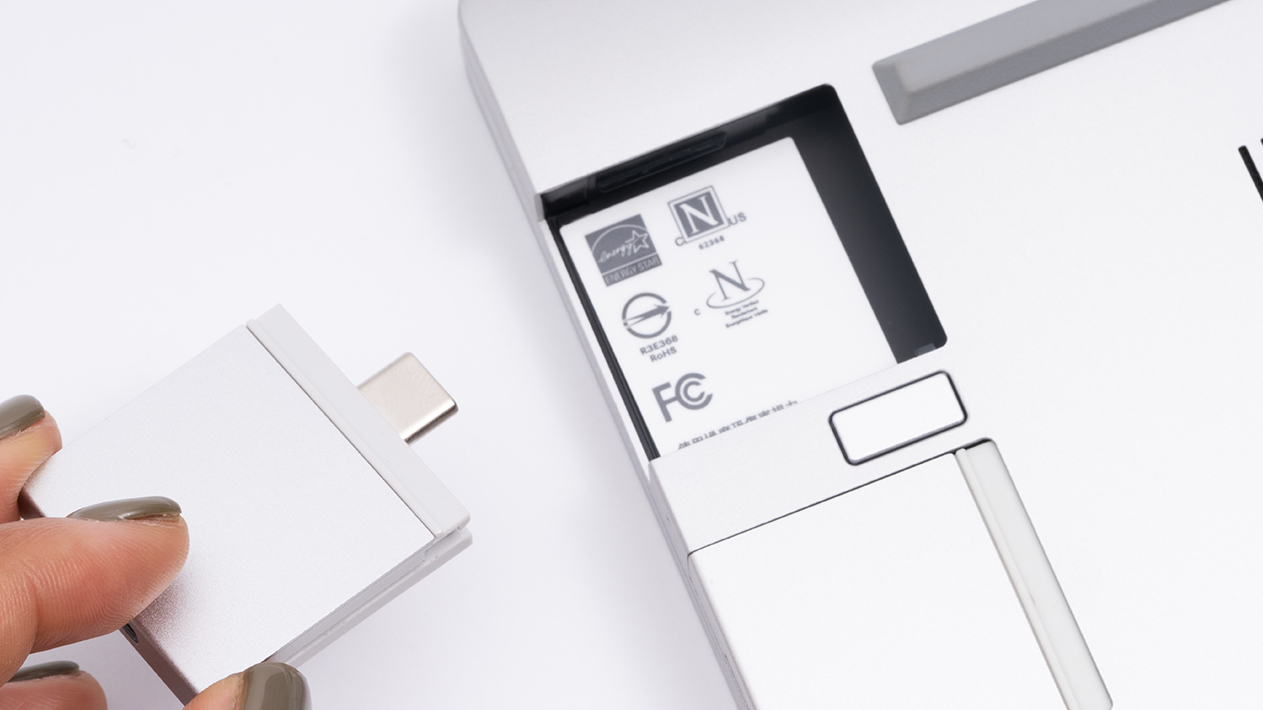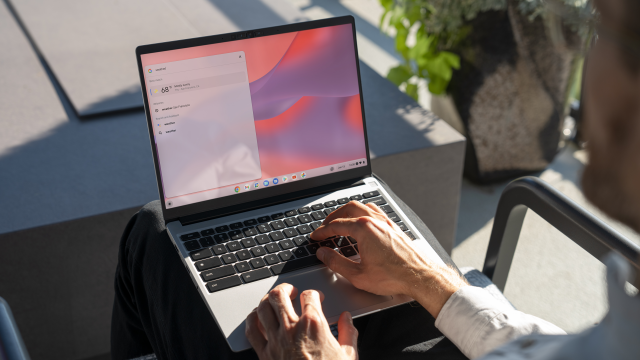Who knows if Google will ever make another Pixelbook? But ChromeOS is getting something better: modularity. Framework, the company behind the swappable modular laptop, has announced the Framework Laptop Chromebook Edition. It costs $US1000 ($1,388) for the base model and features the same customisation and repairability as the original version, which runs Windows and Linux.
The laptop is available for pre-order in the U.S. and Canada, though shipments will start sometime in the winter. Framework says it’s using a batch pre-order system, so you’ll have to fork over a refundable $US100 ($139) deposit to get your place in line. The Framework replacement parts will also be available for pre-order in the marketplace.
Looking at the spec sheet, the Framework Laptop Chromebook Edition appears well-equipped. The 13.5-inch screen has a 3:2 display, which works with ChromeOS’s particular desktop environment. It comes with a 12th-gen Intel Core i5-1240P processor, up to 64GB of RAM, and 1TB of storage. The pre-built model comes with 8GB of memory and 256GB of storage, which should be enough for a basic, day-to-day life with a Chromebook. Of course, if you decide to increase the RAM or storage later on — maybe you’re a developer and need more memory — that’s configurable with sold-separately modules. The Framework Laptop Chromebook Edition also comes with a 30W charger.

The marquee feature of the Framework laptop is its modularity, and the company offers more options for ports than you’d usually find on ChromeOS. The Chromebook Edition works with Framework’s existing expansion card system. You can choose between USB-C, USB-A, MicroSD, HDMI, DisplayPort, and Ethernet port modules, though the Framework laptop is limited to four modules at a time. I complained about that in my review of the main laptop last year, since some third-party Chromebooks tend to go ham with port offerings.
The upside is that the Framework is at least a thin piece of kit. In particular, the Chromebook Edition is about 15.85 mm thick and weighs 1.3 kg, or about 1 kg.
The Framework Laptop Chromebook Edition could be a formidable school or work laptop. It has upgradeable components, is self-repairable, and you can even hack it into something else. In particular, the Framework Laptop’s form factor is somewhat reminiscent of the 2017 Pixelbook’s, which was light and thin enough to cart around in a tote bag.
While the hardware of the Framework Laptop mostly takes after its PC counterpart, it’s missing some of the signature ChromeOS flavour. Namely, it lacks a touchscreen and/or stylus support. But a touchscreen would also add to the complexity of everything the Framework Laptop is about, which is that it’s almost entirely user-serviceable.
As it stands, Chromebooks haven’t been selling particularly well this year. At least with Framework in the mix, it adds an option that doesn’t seem like it’s going to expire due to withering demand. It would also be nice to see this kind of modularity make its way into education, so schools can more easily upgrade ageing hardware. That’s what I hope for this technology, anyway.
